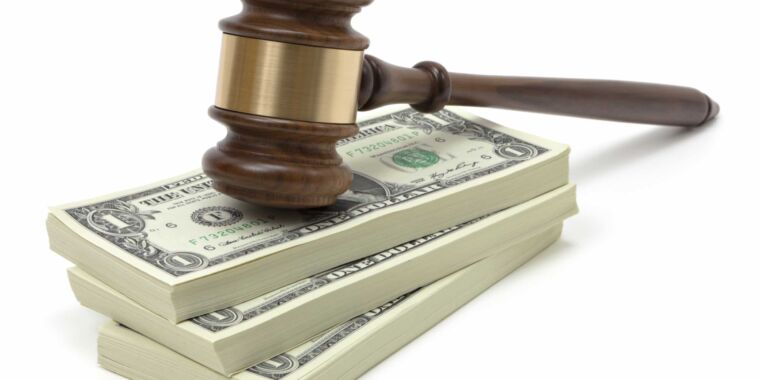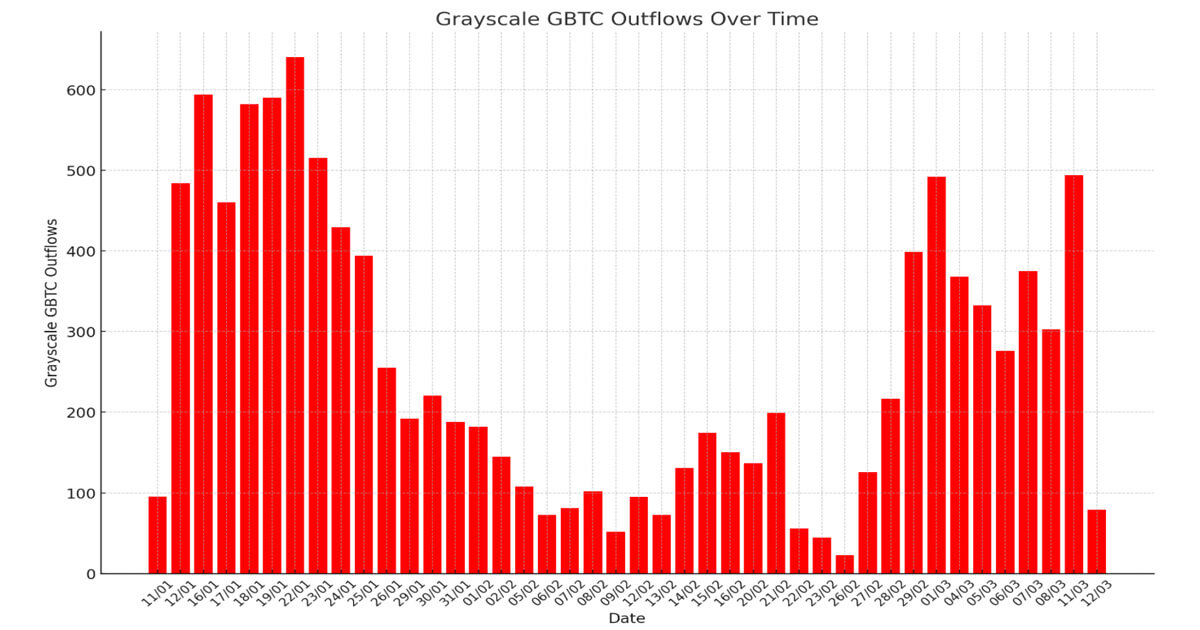Federal Appeals Court Reverses Decision on New York Broadband Law
Today, a federal appeals court overturned a ruling that had previously prevented New York from enforcing a law that mandates Internet service providers to offer $15 broadband plans to low-income consumers. The judges’ decision marks a setback for six trade groups representing ISPs, with the potential enforcement of the law still uncertain.
In June 2021, a US District Court judge had halted New York’s Affordable Broadband Act (ABA), citing that the state law constituted rate regulation and was preempted by federal regulations. However, the US Court of Appeals for the 2nd Circuit has now reversed that ruling and lifted the injunction that had prevented the enforcement of the law.
Under the ABA, consumers who qualify for means-tested government benefits are entitled to broadband services at no more than $15 per month for 25Mbps and $20 per month for high-speed 200Mbps service. The law allows for periodic price adjustments and provides exemptions for ISPs with fewer than 20,000 subscribers.
Legal Clarification on Preemption Issues
The appeals court judges refuted the argument that the ABA was preempted by the FCC’s decision to repeal net neutrality rules under Ajit Pai’s tenure. They reasoned that the Communications Act of 1934, as amended by the Telecommunications Act of 1996, does not exhibit a comprehensive framework for rate regulation that would warrant excluding state legislation.
Secondly, the ABA does not conflict with the FCC’s 2018 order classifying broadband as an information service. By stripping the agency of its rate-regulation authority over broadband, the FCC inadvertently permitted states to regulate in areas where the agency itself lacked jurisdiction. Hence, the court reversed the district court’s judgment and nullified the injunction.
Implications for ISP Lobbying Efforts
The judges’ rationale aligns with a prior appeals court ruling in 2019, which dismissed Pai’s attempt to preempt state net neutrality laws. In a parallel vein, ISPs’ inability to impede California’s net neutrality law exemplifies the limitations of federal preemption powers.
The court criticized trade groups that, during Pai’s tenure, had actively influenced the FCC to classify broadband as a Title I service to avoid regulatory oversight. The ruling emphasized that when agencies lack regulatory jurisdiction, they cannot legitimately preempt state statutes.
Furthermore, the court emphasized that ISPs possess legitimate avenues to challenge regulatory measures they deem unfavorable. They could engage with state legislatures, lobby Congress to alter the scope of the FCC’s authority, or petition the FCC to reassess its classification decisions. However, attempts to circumvent established legal principles through judicial intervention are untenable.
Recent FCC Action on Broadband Classification
Coincidentally, the 2nd Circuit’s ruling coincided with the FCC’s decision to reclassify broadband services to reinstate net neutrality safeguards. While the FCC is unlikely to proactively preempt New York’s law, its recent net neutrality mandate explicitly rejects federal rate regulation, opening new legal avenues for ISPs.
Image/Photo credit: source url





